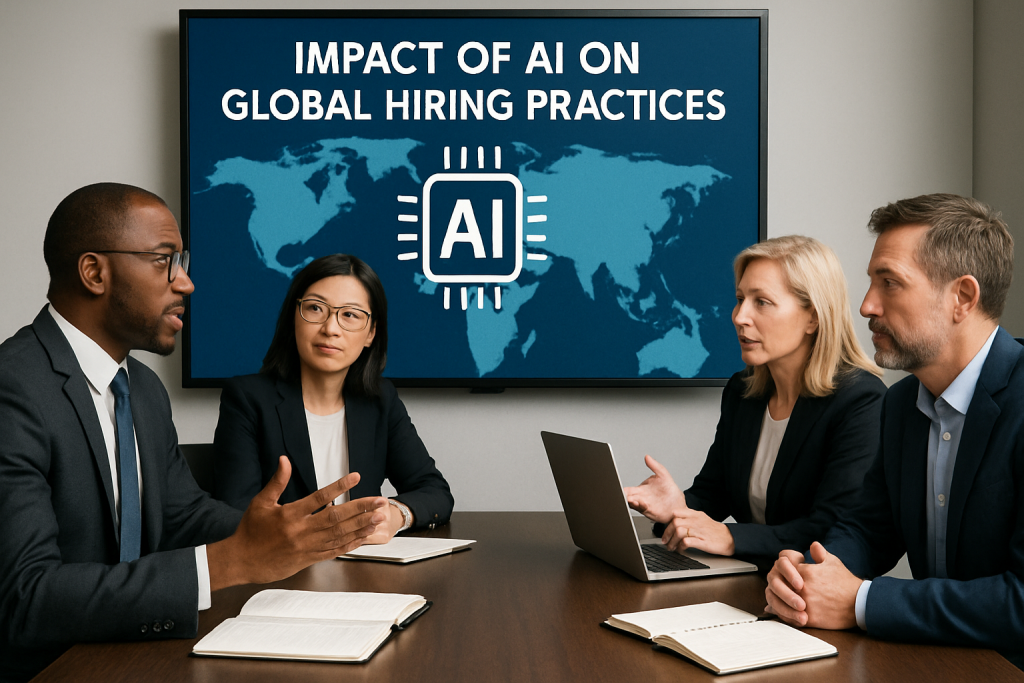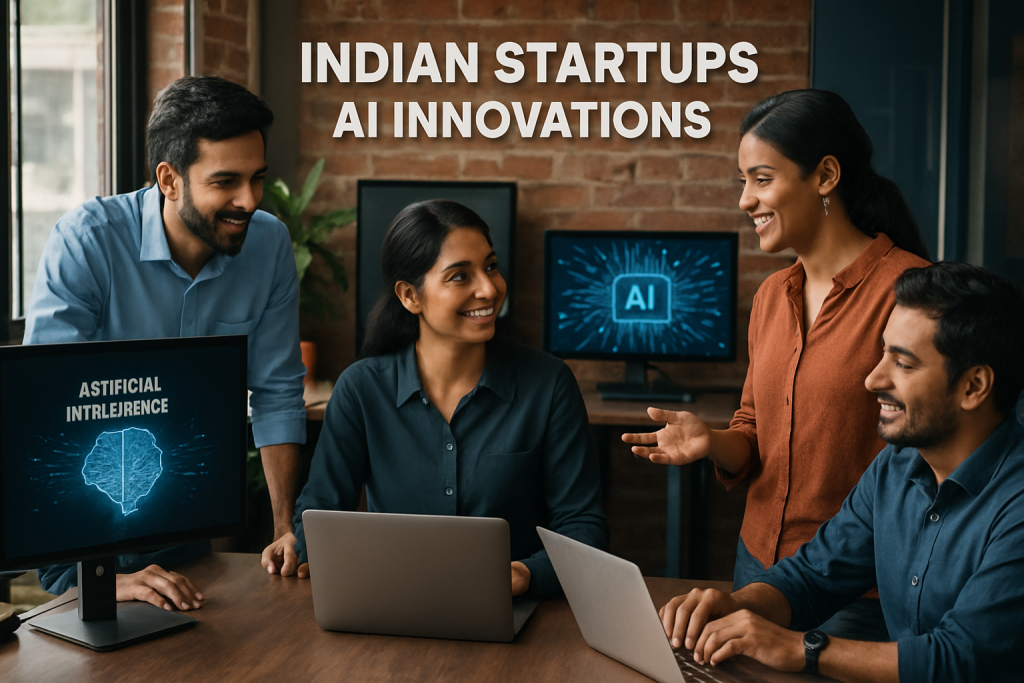A perfect storm is brewing in the AI investment landscape. Venture funding has reached fever pitch, with 50% of venture dollars flowing to AI startups in early 2025 according to CB Insights data. Yet beneath this funding surge lies a troubling reality that business leaders cannot ignore.
Investors are witnessing an unsettling parallel to the 2000 dot-com crash. AI funding in just six months has exceeded all of last year’s spending, Business Insider reports. But the returns tell a different story entirely.
A Massachusetts Institute of Technology study reveals that 95% of companies investing in generative AI have yet to see financial gains. With enterprise AI investment totaling $30-40 billion, the lack of returns is raising serious red flags across boardrooms globally.
Why This Matters Now
OpenAI CEO Sam Altman issued a stark warning about investor “over-excitement” in AI markets. He told The Verge that while AI represents the most important technological shift in decades, current startup valuations are “insane” and “not rational.”
Meta’s reported plans to downsize its AI division and expected executive departures signal potential cracks in big tech’s AI confidence. Stock prices reflect this uncertainty, with Palantir dropping 10% last week and Nvidia falling over 3%.
Meanwhile, a parallel revolution is transforming how companies hire talent. AI interviewers are replacing human recruiters in initial screening calls, creating an unexpected backlash from job seekers who view robot interviews as dehumanizing.
The Hiring Transformation
Jobseekers are pushing back hard against AI-conducted interviews. Debra Borchardt, a seasoned writer job hunting for three months, told Fortune the experience was “soul-sucking” and an “added indignity.” She ended her AI interview within 10 minutes, calling it impersonal and lazy.
“I don’t want to work for a company if the HR person can’t even spend the time to talk to me,” Borchardt explained. This sentiment echoes across social media, where professionals detail awkward conversations with robotic avatars that hallucinate and repeat questions endlessly.
Alex Cobb from UK energy company Murphy Group refuses future AI interviews entirely. “It makes me question the culture of the company,” he said. “Are they going to cut jobs because robots can recruit people? What else will they outsource?”
Strategic Business Impact
The divide between HR efficiency and candidate experience creates strategic risks for employers. While AI tools help hiring managers process thousands of applications and save time for meaningful conversations later, they may drive away top talent who view robot interviews as red flags for poor company culture.
Adam Jackson, CEO of AI interviewer company Braintrust, acknowledges limitations despite widespread adoption. “AI is good at objective skill assessment, even better than humans,” he noted. “But when it comes to cultural fit, I wouldn’t even try to have AI do that.”
Allen Rausch, a technical writer with Amazon and Electronic Arts experience, encountered AI interviewers three times during his two-month job search. While he completed the sessions, he demands guarantees of human interaction later in the process. “A lot of AI interviews are wasting my time,” he told Fortune.
Market Reality Check
CNBC’s Jim Cramer offers historical perspective on the bubble concerns. During the dot-com crash, companies like Amazon emerged as trillion-dollar winners despite initial setbacks. “If you gave up on Amazon in 2001, you missed the $2 trillion boat,” Cramer noted.
However, the current AI landscape shows warning signs that savvy business leaders must heed. Nvidia’s stock volatility and broader AI-linked equity fluctuations suggest market uncertainty about actual returns versus investment hype.
Priya Rathod from Indeed confirms AI interviewer adoption is accelerating in high-volume hiring sectors like customer service, retail, and entry-level tech roles. “It’s doing that first-stage work that employers need to be more efficient,” she explained.
What Business Leaders Should Know
Smart organizations must balance AI efficiency gains against talent acquisition risks. While AI interviews can streamline recruitment processes, they risk alienating candidates who view them as impersonal barriers to meaningful employment opportunities.
The key lies in transparent communication about AI’s role in hiring processes and guaranteeing human interaction for qualified candidates. Companies using AI screening should emphasize that technology augments rather than replaces human judgment in final hiring decisions.
For global businesses, the AI investment bubble warnings demand careful evaluation of actual returns versus hype-driven spending. The MIT study’s findings about lack of financial gains from generative AI investments should inform strategic technology decisions.
Successful organizations will likely be those that deploy AI thoughtfully, maintaining human elements where they matter most while leveraging automation for genuine efficiency gains. The current market turbulence may separate sustainable AI applications from speculative investments.
As we navigate this technological transformation, the businesses that survive and thrive will be those that remember technology serves people, not the other way around.
Are you seeing similar AI adoption challenges in your industry? Share your experience with balancing efficiency and human connection in business processes.


